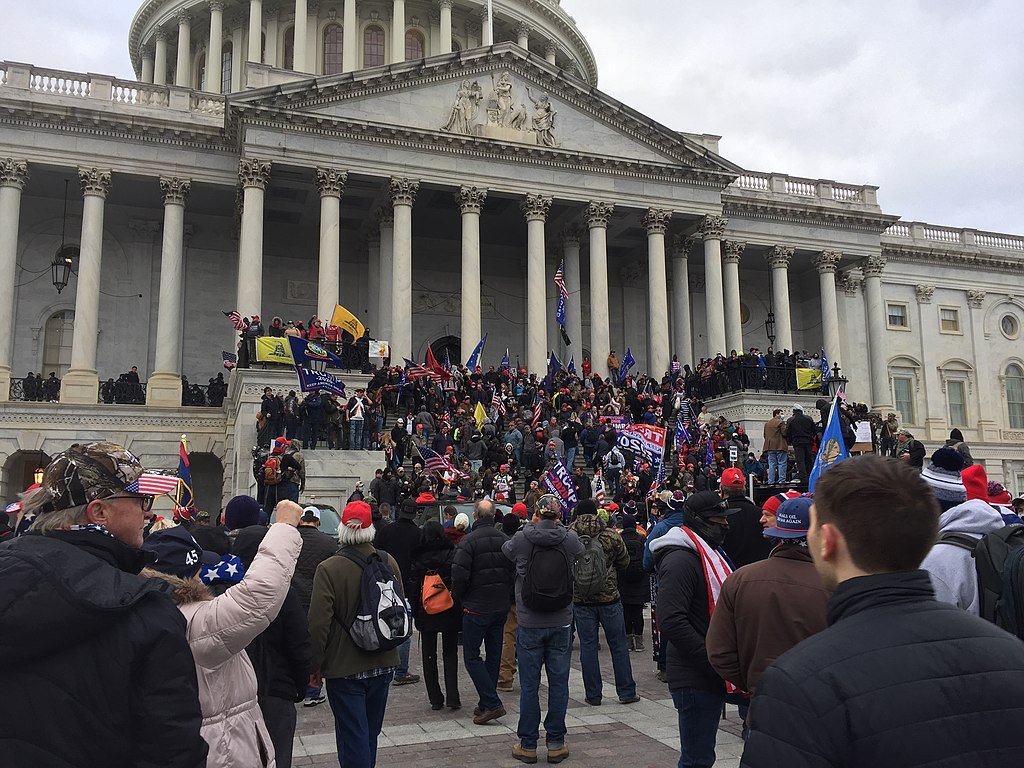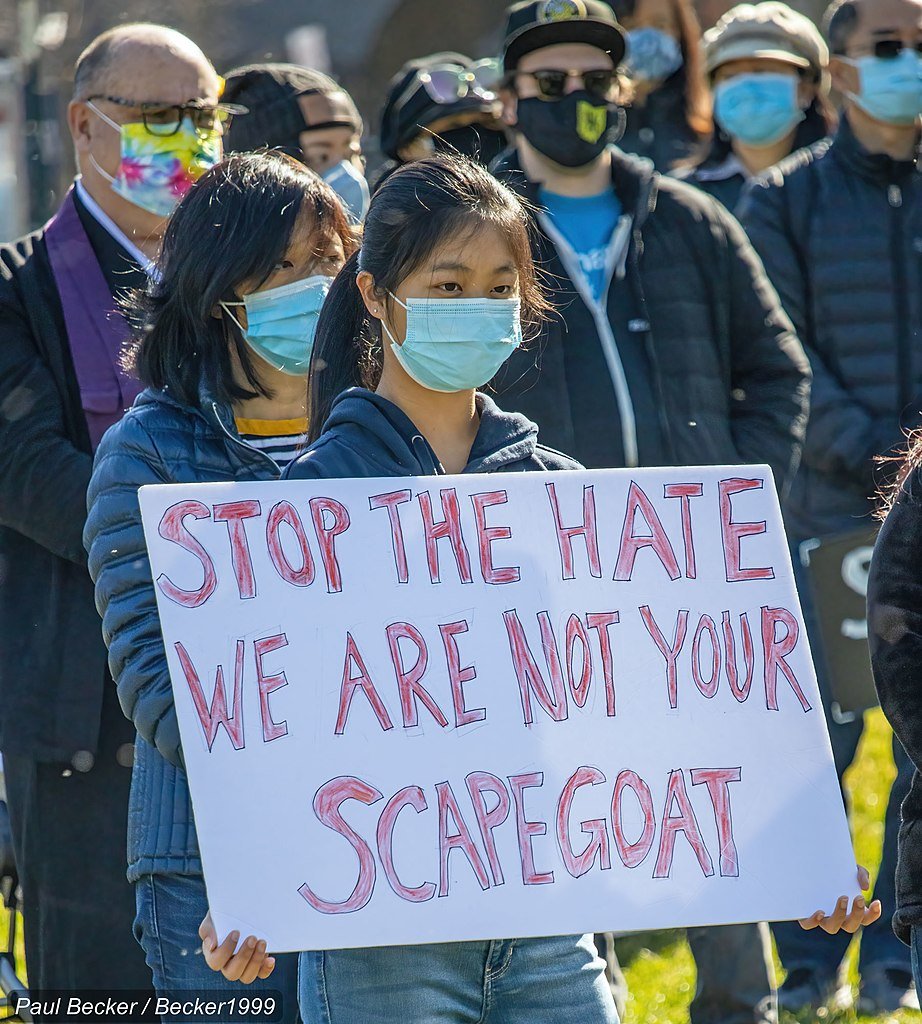by David Wilton, cover and illustrations by Ania Wilton
Did you know that the word musher, meaning a person who travels the Arctic by dog sled, makes its English language debut in 1900, at the height of the Klondike gold rush? And in the 2010s people were engaging in a different kind of treasure hunt by swiping right and inviting someone over to Netflix and chill? The words that enter the language in any given year can be a key to the zeitgeist[*]of the era.
From Barflies to Bitcoin: How Words Map Our Modern Era[†] is a linguistic treasure hunt of sorts, examining each year of the twentieth century, plus the opening decades of the twenty-first, for the neologisms that make their appearance during them. In so doing, the book provides a chronological history of the period through the words that were coined during it. For example, here are some words that appear in various years:
1901: dognapper, jai alai, motorism, Ms, pizzeria, pointillism
1950: aqualung, brainwashing, LSD, microfiche, Orwellian, Scrabble
2001: Blu-ray, bromance, CRISPR, Homeland Security, iPod, sext
Word lovers will enjoy combing through it for odd terms or words that appear surprisingly early or late, while history buffs will see events unfold before them, and looking up the particular years that the reader has lived through will evoke feelings of nostalgia and bring to mind the fads and fashions of that earlier era.
The book is written for the general reader in an accessible style, organized into short, annual sections that make it appropriate reading for a commute. Yet it is meticulously researched, with a notes section and bibliography at the end will provide references for those readers who want to follow up on the research. The primary reference is the Oxford English Dictionary, and I used the online version of that dictionary to assemble the preliminary lists of words for each year. I then went on to other reference works, such as Green’s Dictionary of Slang, the “Among the New Words” column of American Speech, and other sources to see where antedatings are available and modified the lists accordingly. The selection of words to represent each year is subjective, based on how they represent historical and cultural trends, whether they appear surprisingly early or late, or whether they are simply odd and interesting in and of themselves.
From Barflies to Bitcoin is available from Amazon.com.
[*] English borrowed Zeitgeist, literally “spirit of the times,” from German in 1848, a year that was racked with revolutions across Europe and during which Karl Marx and Friedrich Engels published the Communist Manifesto when “a spectre [was] haunting Europe.”
[†] Barfly (1906) is a habitual patron of a drinking establishment. Bitcoin (2008) is a form of cryptocurrency.




















